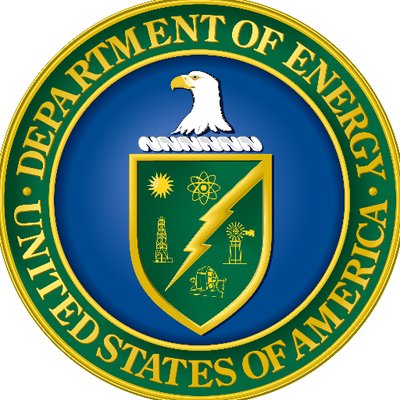
The Department of Energy on Thursday formally resumed its quest for a domestic site to store elemental mercury with publication of a solicitation for bids.
The DOE’s Cincinnati-based Environmental Management Consolidated Business Center announced in a press release a final request for proposals (RFP) for a long-term elemental mercury storage contractor. The move comes weeks after DOE officially withdrew its designation of Waste Control Specialists (WCS) in West Texas as storage provider for mercury.
The storage facility should be able to take 1,280 metric tons of elemental mercury for long-term storage, in accordance with the Mercury Export Ban Act of 2008. Among other things the act instructed DOE to arrange for a storage site for domestic mercury. The winning contractor would need to enter into some type of lease-hold relationship with DOE.
The RFP seeks a contract lasting up to five years, with a one-year base followed by four single-year options. The DOE issued a request for information/sources sought in October 2020. Federal law excludes the DOE’s Oak Ridge Site in Tennessee as a possible location, according to the RFP material.
“Long-term management and storage will be necessary until such time as a treatment and disposal standard for elemental mercury is established by the Environmental Protection Agency (EPA),” according to the performance work statement for the RFP. During year one up to 760 metric tons would be eligible for storage. During each following year up to an additional 130 Metric tons of elemental mercury could be added to the storage site.
The winning contractor should be able to oversee shipping, handling and leak detection of mercury containers, according to the RFP. Technical approach and price are among the evaluation factors for the award.
Proposals should be submitted to DOE by May 6, according to the cover letter that accompanies the RFP. Questions on the solicitation are due by April 1 and should be emailed to [email protected].
The move away from WCS was brought about by an August 2020 legal settlement with Nevada Gold Mines which sued DOE in late 2019 in part because of the price the mines would be charged by the federal government for storage at WCS.